Before we started learning new information during our third meeting, we came to the conclusion that it would be useful to take a short time to review the previous meeting. During the meeting, you learn new words, culture, sentences, and how to pronounce them, but since we never really reviewed this afterward, it didn’t stay in our long-term memory. We wanted to focus more on this so that after this course, we could actually achieve our learning goal and therefore advance one level in language (from A1 to A2). Repetition is very important for this, and from now on, we want to implement it in every meeting.
Furthermore, as we discussed in the previous meeting, we again stuck to our agreed structure. We brushed up on our basic vocabulary, learned sentences, and shared some insights about each other’s cultures and situations in our hometowns. Since we were walking through the forest and along the lake during this meeting, we decided to teach each other words and sentences related to the weather and nature. We also learned about the weather and seasons in our hometowns and reflected on the differences between each other’s countries, as well as in comparison to Finland.
I learned some new information about Spain. I always thought Spain was warm throughout the entire country, but apparently, there are mountains with snow in the north, and people even ski there during the winter. Additionally, there can be large differences in temperature depending on whether you live, for example, in the north or south of the country. For instance, in the summer, it can be 25 degrees in the north, while in the south, it can be 40 degrees. This is a huge difference, and I didn’t expect such a large temperature variation to exist in Spain. Sandra also told me that where she lives—Zaragoza—it rains a lot, and in the autumn/winter, there’s a cold wind. In the south, however, it’s very sunny and warm. I didn’t expect this either, as I thought it was almost always dry throughout Spain. Because it’s so windy in Zaragoza, they even have a specific name for it: “Cierzo.” I also found this very special. There is also a large temperature difference in Zaragoza, where Sandra lives. In the winter, it can be 5–10 degrees, while in the summer, it can be 35–40 degrees. I found it very interesting to learn more about this and to get to know more specifically about where Sandra lives. I had completely different expectations about the climate, and only a small part of them was correct. I find it fascinating to see that you can learn so much from each other in such an enjoyable, interactive way.
In terms of vocabulary and sentences, we both noticed that we are really making progress. We make fewer and fewer mistakes and go through everything more quickly because we have to correct each other less. I also think we are teaching each other in a good way because when someone says something wrong, we shake our heads or say that it isn’t right. We give the other person time to correct themselves or look back at the rules we previously set. Often, we get it right after that, but sometimes we still don’t. In those cases, we correct each other and explain how to pronounce it or where the mistake was made, so we really learn from each other. The vocabulary we covered this time includes: seasons, days, natural phenomena, and the weather.
All in all, we are really making progress, and we already see a noticeable difference compared to the first meeting. The pronunciation is getting much better, and it’s also great that we’ve set a goal to reflect on the previous meeting during each following one.
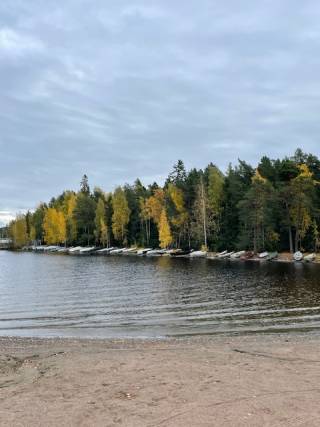

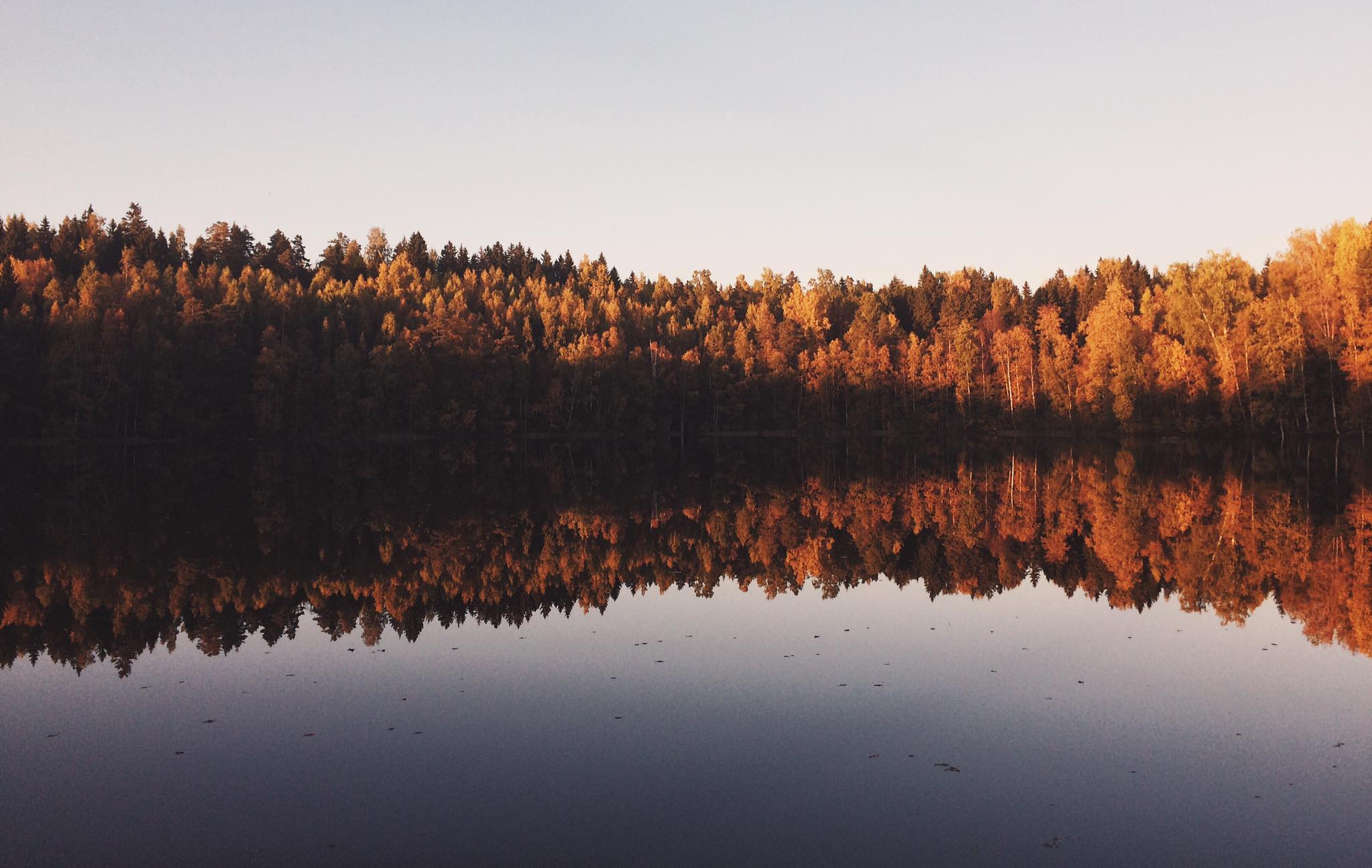
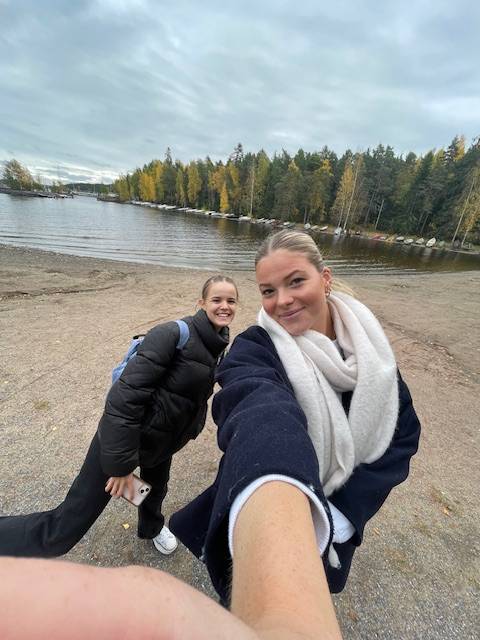
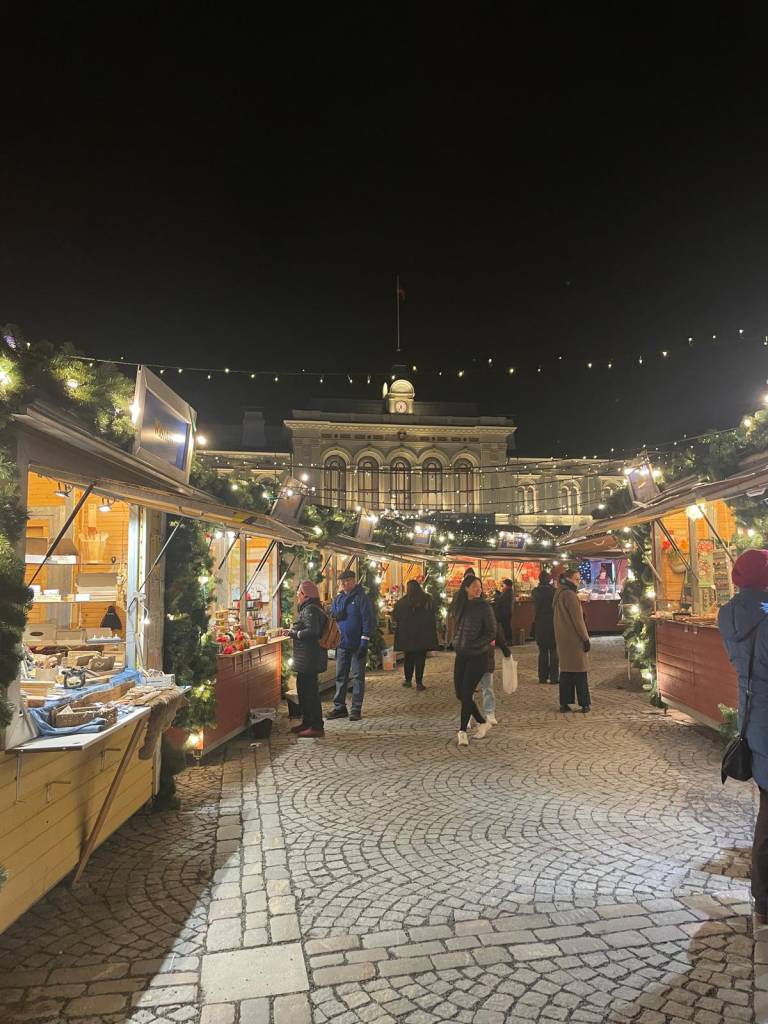
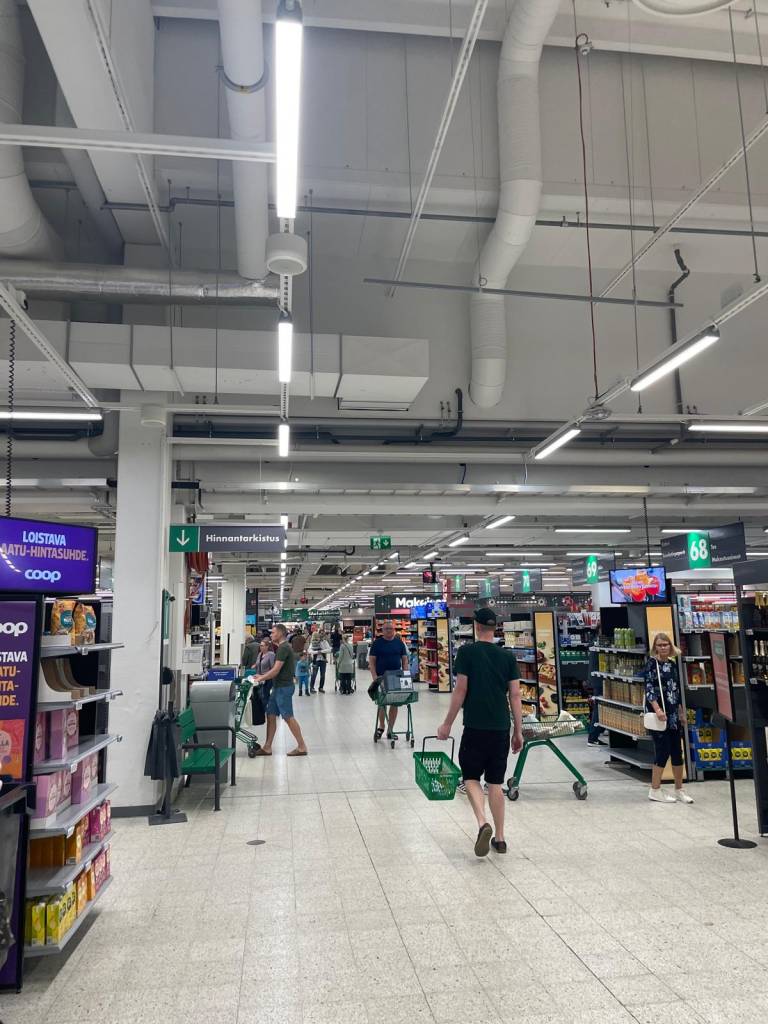
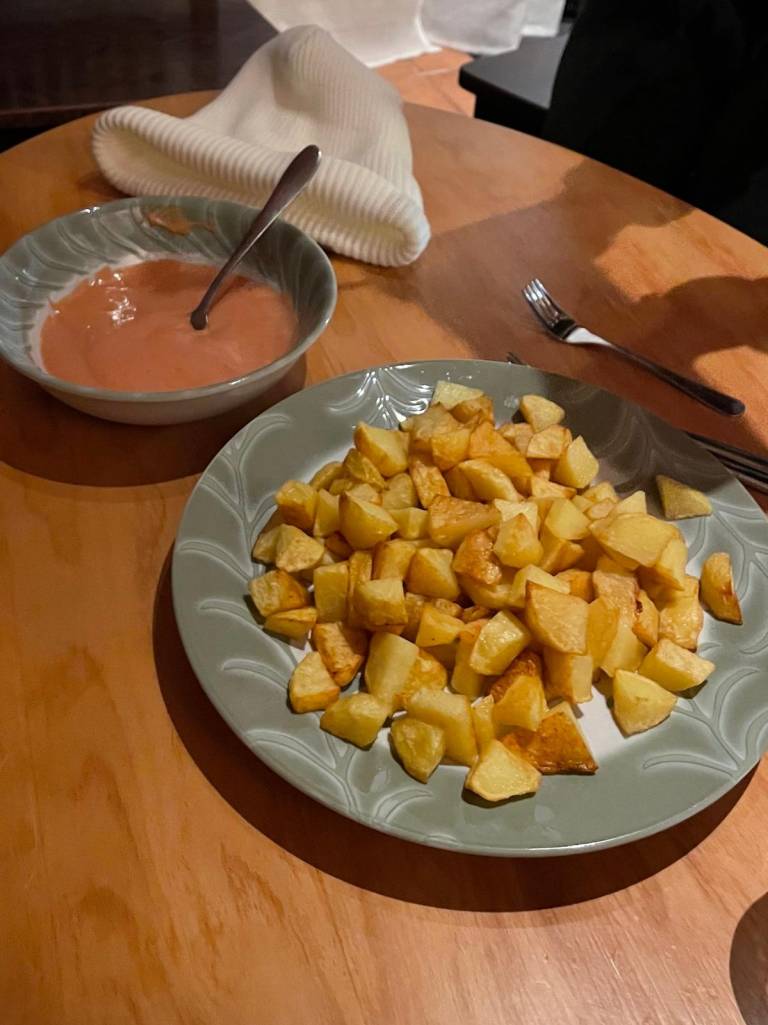
Comments